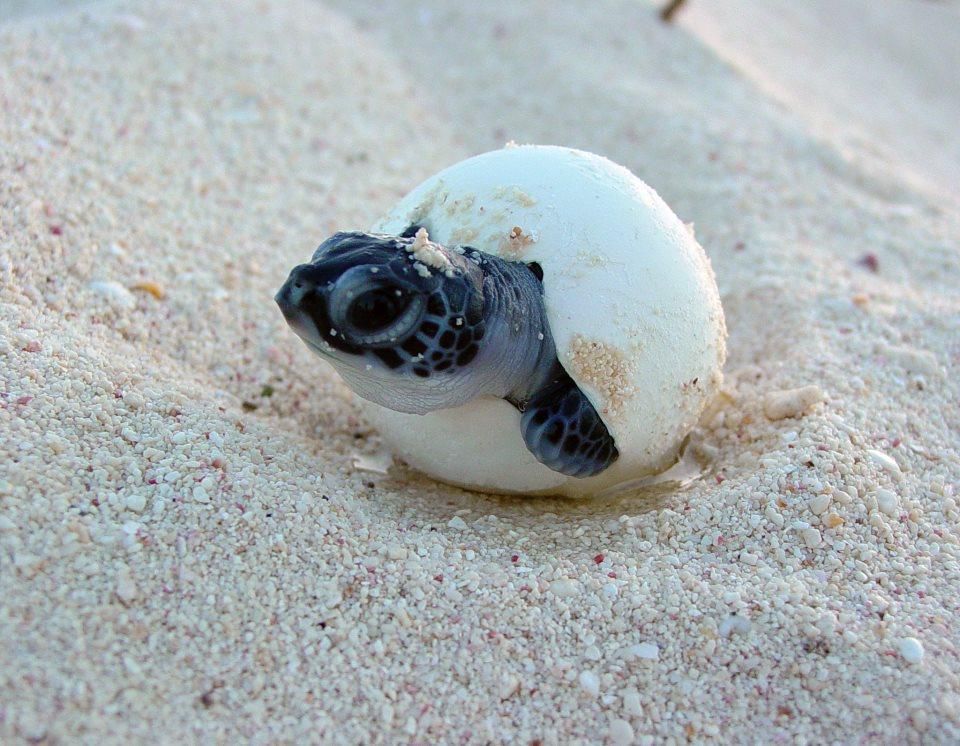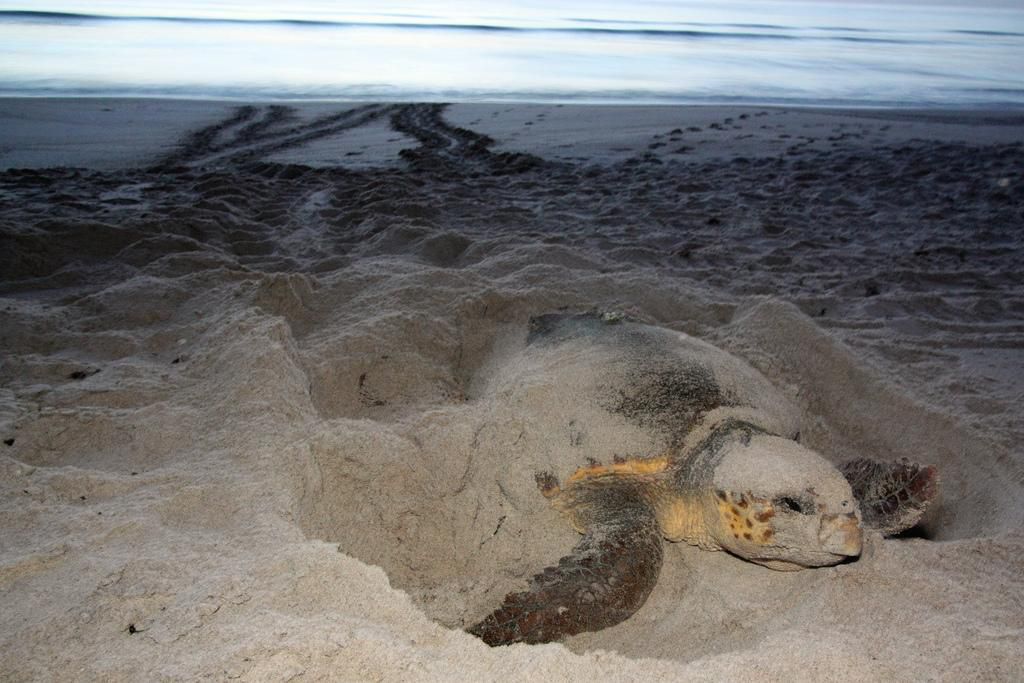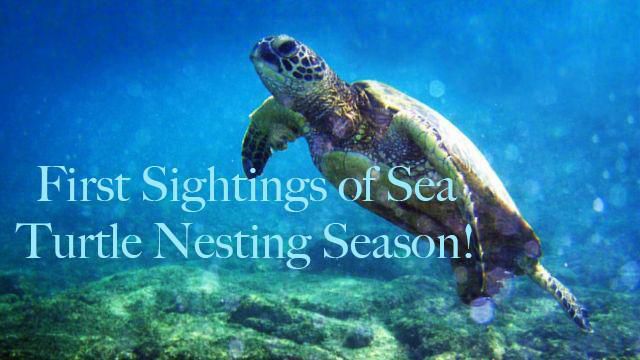Summer has arrived and the first sea turtle nests of the year have been discovered in Venice, reported by the Mote Marine Laboratory located in Sarasota County! Every year, starting at the beginning of the summer months, nesting season begins for sea turtles and ends in October. Sadly, sea turtles are a threatened species and it is important for locals and visitors to be aware of their impact on these creatures as it can prove devastating to the lives of the sea turtles. They are especially susceptible when they begin to first hatch and find their way to the ocean.


Over 100,000 sea turtles nest on Florida beaches each summer, the most common variety of sea turtle to be found is the Loggerhead. Leatherbacks and Green Sea turtles are endangered so we see a lot less of them nesting. Turtle walk tours are available in the summer months in Sarasota and Venice to watch the sea turtles lay eggs, however strict laws apply to the endangered sea turtles requiring them to be left alone while nesting. Visitors are still able to view the Loggerhead species nesting but must keep in mind the welfare of the sea turtle; do not bring flashlights or any bright lights near the nests, as it is illegal and harmful to the creatures. We are so lucky to host such amazing creatures on our Florida coastline. The only time in their lives they come up to land is when they are nesting so it is a truly spectacular thing to behold. Mote Marine has offered some tips on how to help keep these creatures safe:
Do:
- If you encounter a nesting turtle or hatchlings, remain quiet and observe from a distance
- Shield or turn off outdoor lights that are visible on the beach from May through October
- Close drapes after dark and put beach furniture far back from the water
- Fill in holes that may entrap hatchlings on their way to the water
Do Not:
- Approach nesting turtles or hatchlings, make noise, or shine lights at turtles
- Use flashlights or fishing lamps on the beach
- Encourage a turtle to move while nesting or pick up hatchlings that have emerged and are heading for the water
- Use fireworks on the beach
On the Water
- Follow Coast Guard-approved safe boating guidelines and use vigilance to avoid striking sea turtles and other large marine life.
- Be sure to stow trash and line when under way. Marine debris that accidentally blows overboard or out of a truck can become ingested by or entangled around marine life.
- Wear polarized sunglasses to better see marine life in your path.

